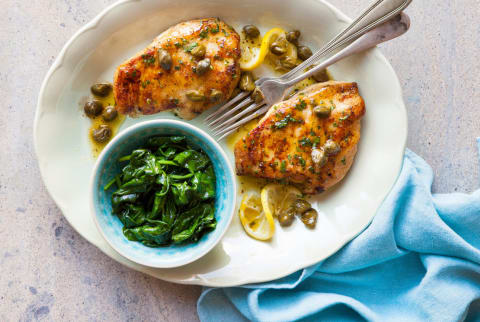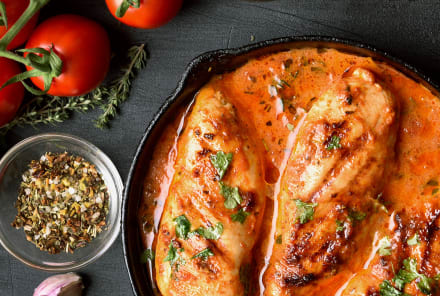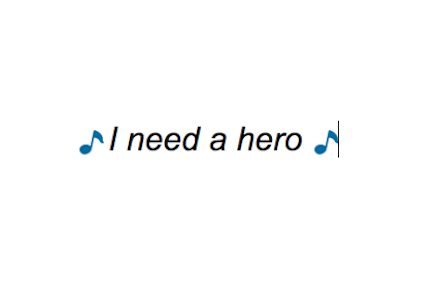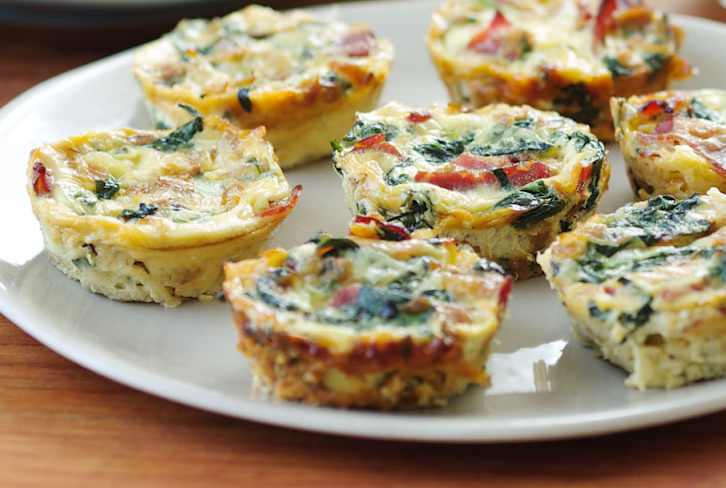Advertisement

I've suffered from irritable bowel syndrome for my whole life. As a child, the toilet got far more attention from me than from any family member. My sisters could run in and out in a few minutes and it was all over. This confused me to no end since I needed a good 30 minutes.
Over the following decades, I said no to so many invitations to socialize and travel, even offers of work that might expose my secret. I would eat a meal and immediately feel bloated. Constipation was my constant companion. I went from health practitioner to health practitioner, trying to find out why I was different from everyone else. They gave me medicines, herbs, exercises, and referrals to chiropractors, psychiatrists, nutritionists, and hypnotherapists. I kept taking their advice blindly over and over again even though nothing changed. I tried many diets—gluten-free, lactose-free, paleo, keto, SCD, GAPS—and didn't experience any improvement. Often, my symptoms actually got worse.
After years of searching, I finally stumbled upon an article about something called the low-FODMAP diet. It was based on the notion that FODMAPs—or fermentable oligosaccharides, disaccharides, monosaccharide, and polyols—were causing undue digestive stress. While these are some big words, the base premise meant avoiding all short-chain carbohydrates, which meant nearly all fruits, vegetables, and grains. The premise sounded crazy to me. How on earth could I eliminate such healthy foods? Surely, I would die from malnutrition.
For some time, I experimented on my own since there was very little on the internet about the low-FODMAP diet when I started researching it. I felt like a lone ship in the dark floundering around trying to find my way across the oceans. I soon realized that the only safe source of information on the low-FODMAP diet was Monash University, where the diet was created. Even now, most of the information on the internet is inaccurate because few people understand the many puzzle pieces that have to come together for the diet to be successful.
I initially did the hydrogen breath test (we now know this is not an accurate test) to find my sensitivity levels to two of the FODMAP groups, lactose and fructose, and that led me to a dietitian who handed me a list of foods to eat. She didn’t know much else, but it was a start. I immediately saw some improvement just by cutting back on fruits and vegetables, which, in fact, is where my major triggers lie, along with legumes. But there were still bad days, and it took a while to figure out that a list of foods is just the beginning—that is only one of the aforementioned puzzle pieces.
For me, eliminating FODMAPs has been the foundation of my IBS healing journey, but I've also gotten huge results from looking at other gut irritants like fat, fiber, caffeine, and alcohol. Stress, lack of sleep, lack of exercise, and lack of time for myself also all play a part in triggering my symptoms, even if I follow the diet accurately. For me, accuracy is key. There are no shades of gray with the elimination stage of the diet. I've had to commit to the diet 100% in order to get results.
This level of accuracy was tough at first because I was working full time in the city, and the temptation to pop out and grab a sandwich for lunch or a cake for a snack was overwhelming. I had to work on my willpower and learn a whole new way of relating to food. However, the benefit of staying away from certain foods was enormous, and so I had real incentive to remain strict. Slowly, I started to feel better.
I am now a nutritional therapist and author of four books on FODMAPs. The low-FODMAP diet has not only eliminated my IBS symptoms but has completely changed my life. The toilet is an obsession no more, and I live life on my own terms.
If you're interested in experimenting with a low-FODMAP diet, make sure you're aware of these 7 things first.
Watch Next
Enjoy some of our favorite clips from classes
Enjoy some of our favorite clips from classes
What Is Meditation?
Mindfulness/Spirituality | Light Watkins
Box Breathing
Mindfulness/Spirituality | Gwen Dittmar
What Breathwork Can Address
Mindfulness/Spirituality | Gwen Dittmar
The 8 Limbs of Yoga - What is Asana?
Yoga | Caley Alyssa
Two Standing Postures to Open Up Tight Hips
Yoga | Caley Alyssa
How Plants Can Optimize Athletic Performance
Nutrition | Rich Roll
What to Eat Before a Workout
Nutrition | Rich Roll
How Ayurveda Helps Us Navigate Modern Life
Nutrition | Sahara Rose
Messages About Love & Relationships
Love & Relationships | Esther Perel
Love Languages
Love & Relationships | Esther Perel












